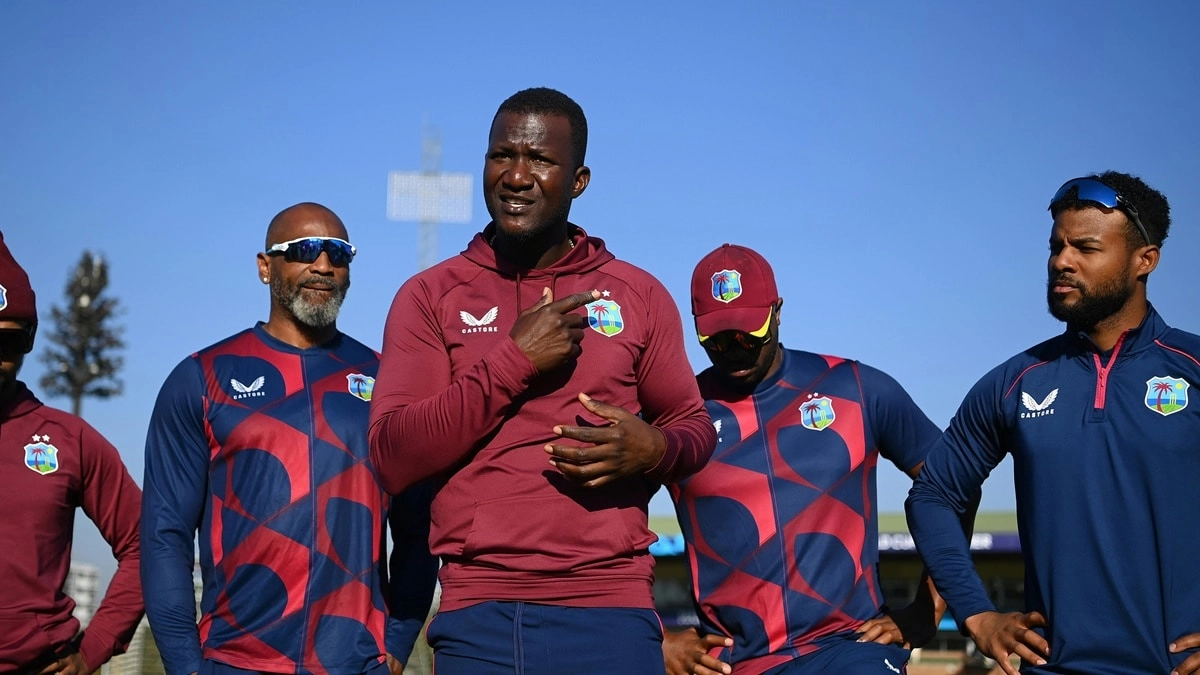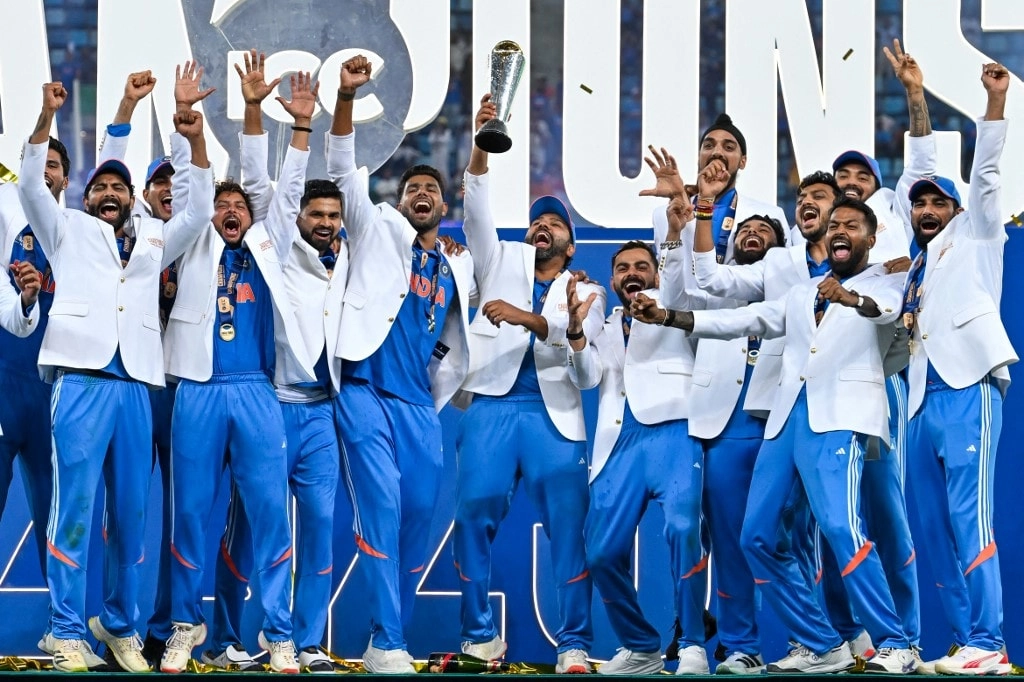In the aftermath of the recent Test match held in Barbados, the West Indies cricket team’s coach expressed a candid acknowledgment of certain errors made by the match officials. The game, which was closely contested, saw several contentious decisions that stirred debate among players, fans, and analysts alike. The coach’s comments reflect a growing concern regarding the quality of umpiring in international cricket, particularly during high-stakes matches where the outcome can significantly impact team morale and rankings.
The coach emphasized that while the players are responsible for their performance on the field, the role of umpires is equally critical in ensuring a fair contest. He highlighted specific instances during the match where he believed the decisions could have been more judicious, affecting the flow of the game. This admission is not merely a critique but a call for a broader conversation about the need for consistent and accurate officiating in the sport. Such discussions are vital, especially as technology continues to play an increasingly prominent role in cricket, with tools like DRS (Decision Review System) designed to assist umpires in making the right calls.
Moreover, the coach pointed out that the emotional investment of players often leads to heightened reactions to umpiring decisions. In a game where every run and wicket holds immense value, the pressure can lead to tense situations, making the role of the umpire even more challenging. However, he also underscored the need for umpires to be more accountable, suggesting that there should be mechanisms in place to review and improve their performance. This approach could help maintain the integrity of the game and ensure that players can focus solely on their performance without the distraction of questionable officiating.
As cricket continues to evolve, the conversation surrounding umpiring standards and accountability remains crucial. The coach’s admission serves as a reminder that while players strive for excellence, the framework supporting the game, including umpiring, must also adapt and improve. The West Indies team, with a rich history in international cricket, hopes that such discussions will lead to positive changes that enhance the overall experience for everyone involved—players, fans, and officials alike.




